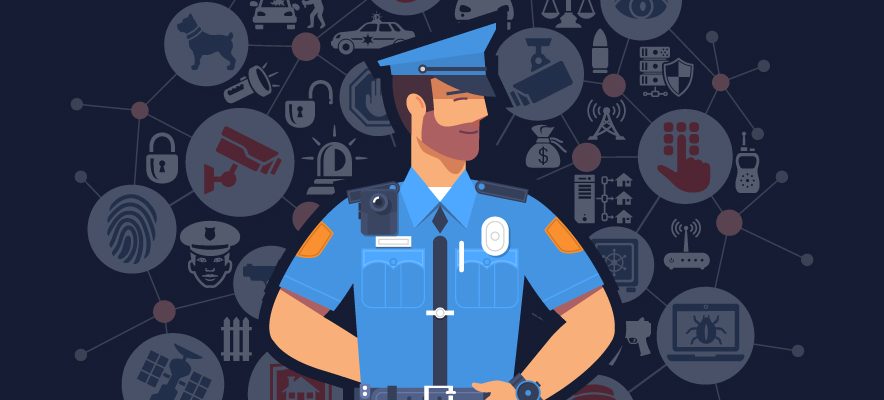By: Emily Tribulski Music and technology have always been intertwined and recently the developments of streaming and social media have opened the door for artists to elevate their place in the music industry. The growth of social media engagement is undeniable and in 2016 streaming platforms led to the music industry’s first earnings increase in fifteen years, with double digit gains each year since—a change to the status quo that cannot be ignored. The technological moment provided by streaming and social media gives lesser-known artists, especially when they are backed by superstars, a unique opportunity to challenge traditionally label friendly record deals. These technologies provide artists with the ability to grow their fanbase and increase their bargaining power before reaching the negotiation table with a label—giving them more leverage to maintain ownership of their music and receive more artist friendly contracts. Download Full Article (PDF) Cite: 19 Duke L. & Tech. Rev. 91







